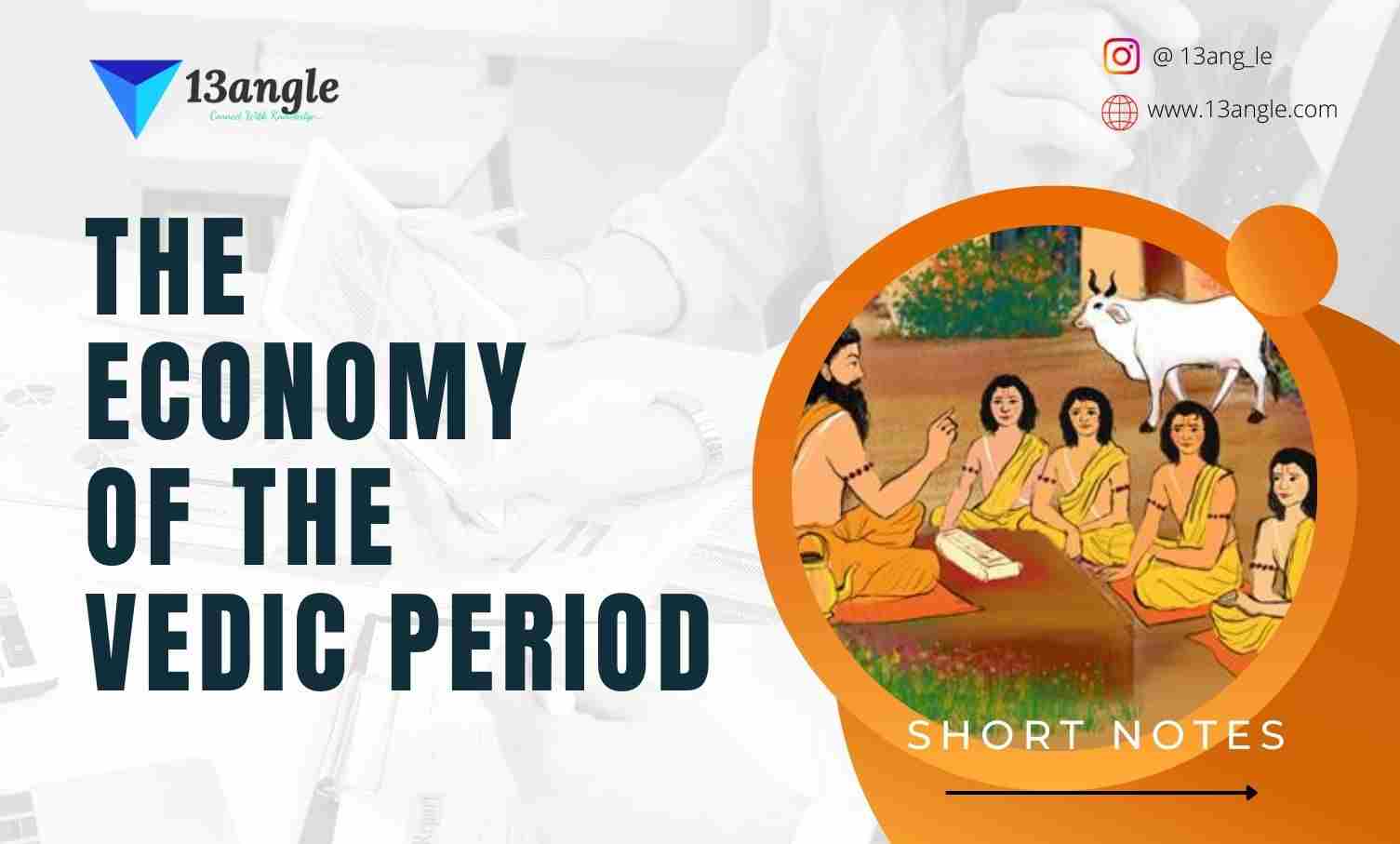0
0
votes
Article Rating
- The Bhakti Movement and the Sufi Movement were both religious and cultural movements that emerged in India during the medieval period.
| Bhakti Movement | Sufi Movement | |
| Origin and Influence | The Bhakti movement originated in South India in the 7th century CE and spread to North India in the 15th century CE. It was primarily influenced by Hinduism, and the movement aimed to reform Hinduism from within. | The Sufi movement originated in the Middle East and Central Asia in the 8th century CE and came to India in the 11th century CE.It was primarily influenced by Islam, and the movement aimed to spread Islam in India. |
| Approach and Philosophy | The Bhakti movement emphasized devotion and love for God as the path to salvation.It encouraged the use of regional languages and the adoption of local customs and practices to express devotion. | The Sufi movement, on the other hand, emphasized the importance of mysticism and spiritual experience.It focused on the inner, spiritual aspects of Islam and sought to establish a personal connection with God. |
| Social Impact | The Bhakti movement had a significant impact on Indian society, particularly on the caste system.The movement encouraged social and religious equality, and many of its leaders challenged the rigid caste system. | The Sufi movement also had a significant impact on Indian society, particularly on the spread of Islam.The movement promoted religious tolerance and syncretism, and many of its leaders emphasized the shared spiritual values of different religions. |
- Overall, while both the Bhakti movement and the Sufi movement had a significant impact on Indian society and culture, they differed in their origins, influences, approaches, and social impact. Understanding these differences is important for the UPSC exam, particularly in the context of Indian history and culture.





